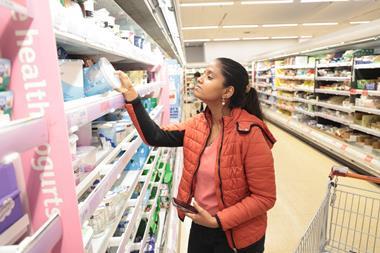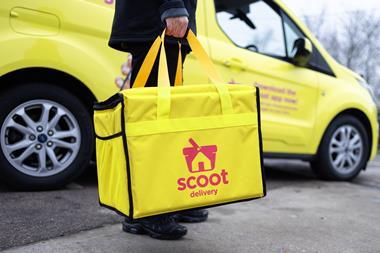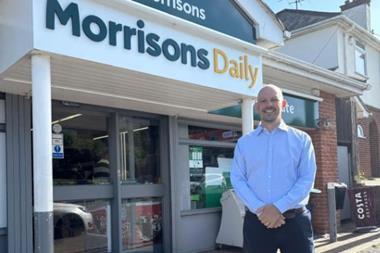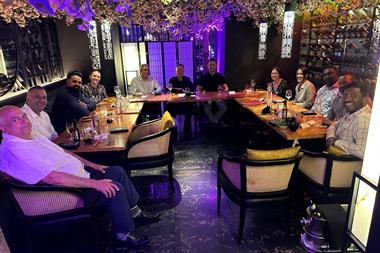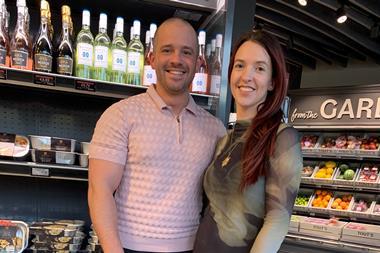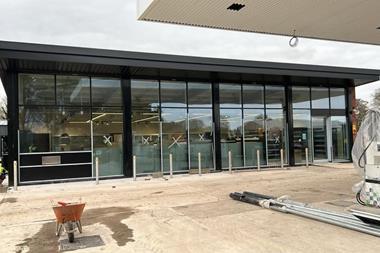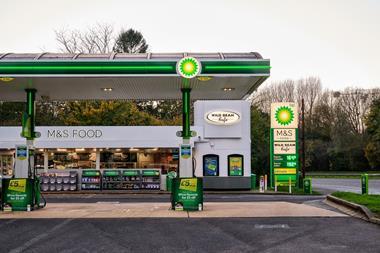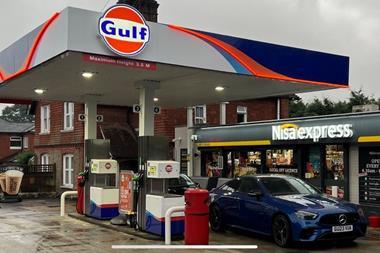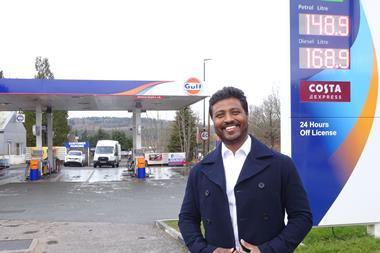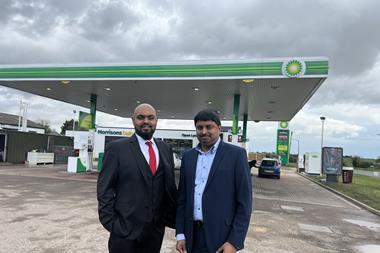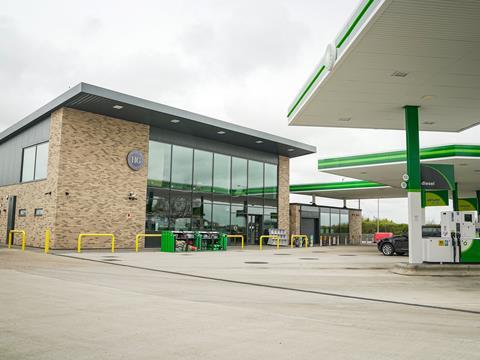
Tom Highland is expecting to exchange on a forecourt this week which will bring his family’s East of England chain to four, and closer to his ambition of running 10 sites within eight years, by the time he is aged 40.
Tom, who joined his father’s business at 21, says that the Esso garage in a Cambridgeshire village – he is not disclosing the location until he speaks to his staff – is undergoing a refurbishment by the existing owner, although Tom says he wants to put his own stamp on the business. He hopes to also have acquired a fifth outlet by the end of the year, which he is in discussions on.
He plans to use his latest and flagship outlet – Childerley Gate Service Station in Dry Drayton, Cambridgeshire – as a template for that forecourt and future acquisitions. Childerley Gate opened nine months ago after a £1.8 million rebuild that quadrupled the size of the shop to 4,500 sq ft and set it the path to coming a community hub, says Tom.
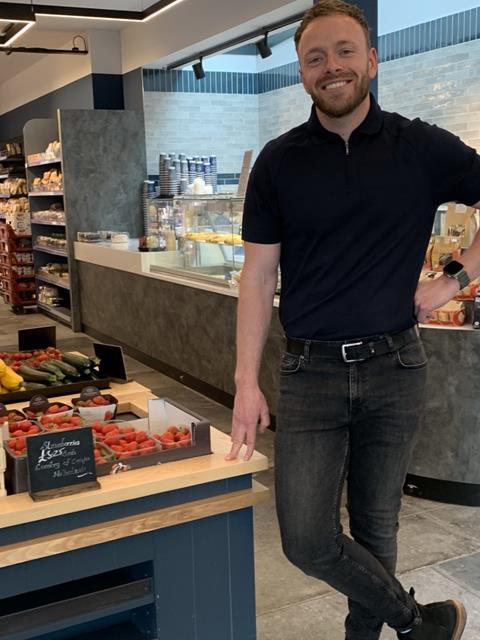
Like the Highland Group’s other two forecourts at Potton, in Bedfordshire, and Royston, in Hertfordshire, Childerley Gate is supplied by Nisa. But the latter is the first to have just the family name above the door as the business sets about establishing itself as a consumer brand in its own right.
Tom is working with a marketing company to build the Highland Group identity so that it becomes strong enough to be the standalone fascia at all sites, and also to build sub-brands for areas of the business such as food to go.
Tom – who now largely runs the family business after the semi-retirement of his father, assisted by long-time family friend and right-hand man Jack Burgin – came up with the concept for Childerley Gate which the business bought from BP 10 years ago for £700,000. It has now been valued at £10m.
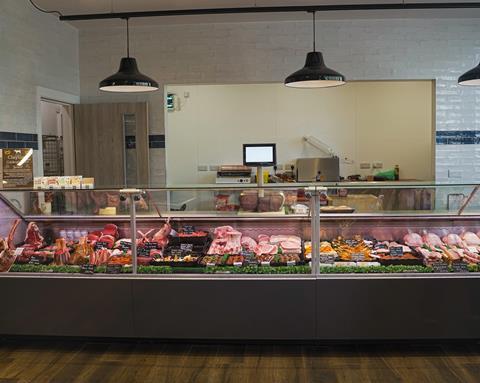
As well as expanding the shop to include a butcher, which turns over £7,000 a week, a local florist stall with sales of £1,500, and a bakery/food to go area turning over £15,000, Tom is developing the upstairs as the group head office, with a boardroom, kitchen and toilets with a shower. There will also be three offices to rent out.
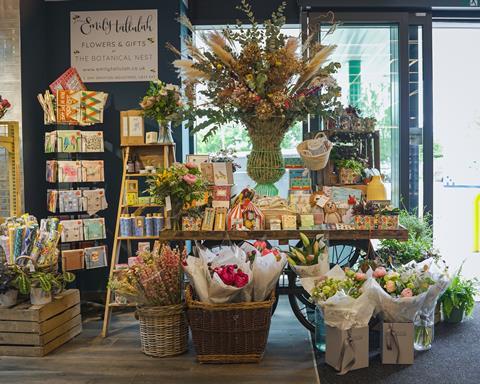
On the forecourt, which has been re-designed with new Tokheim pumps, there are two HGV lanes for ultra-fast diesel and AdBlue. Four islands with a total of 36 nozzles, including an AdBlue offering, cater for motorists.
Tom’s plans to make the business more sustainable include fitting 151 solar panels on the HGV canopy, one of the fuel pump canopies, and the shop roof, as well as a battery to store the electricity generated. He hopes that this will reduce the site’s electricity bill by 50%.
He is also planning to install a BP Pulse hub of four 400kW electric vehicle chargepoints capable of charging eight cars a time.
One of Tom’s ambitions is to create a community hub on the two acre plot for the four or five nearby villages that lack amenities. The nearest large shop is a Morrisons, three miles away in Cambourne,
He intends introducing this year a food hall with fish and chip counter, an Indian takeaway, and a café. If a planning application is successful, there will also be a barber’s shop and beauty salon, with two flats above to be rented to staff who might otherwise find Cambridgeshire accommodation out of reach.
To the rear there is a £350,000 run of three covered and one uncovered Adriateh jet washes, with six programmes, including a snow foam and non streak rinse option. It has been in place for three months and turns over just under £6,000 a week.
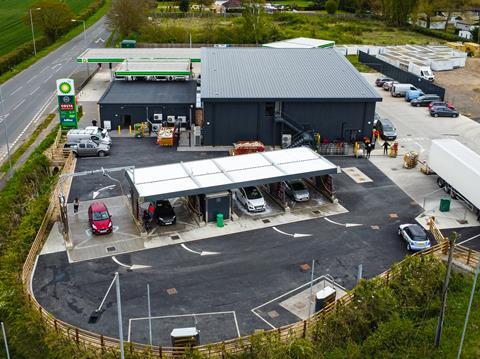
Much of the product offering at the forecourt reflects the affluent Cambridge catchment area. There are five Cook freezer cabinets, while the instore butcher sells Tomahawk and Sirloin steak. At the florist stall, bunches sell for £35, and around a quarter of its range is locally produced, including fruit and vegetables and baked goods. There’s an emphasis too on fresh which accounts for around 40% of the shop’s turnover. Bottles of wine are on sale for £20 and there is an impressive craft beer section which turns over around £350 a week, and features brands such as Burnt Mill Brewery for £4.99 for a can of Golden Vistas.
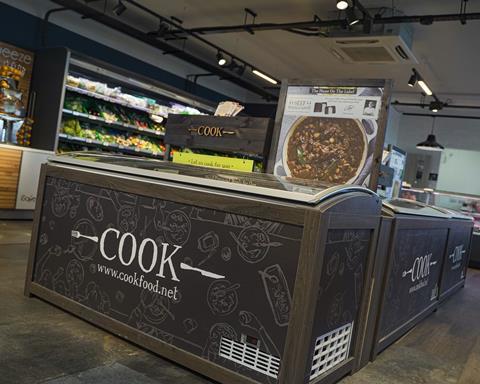
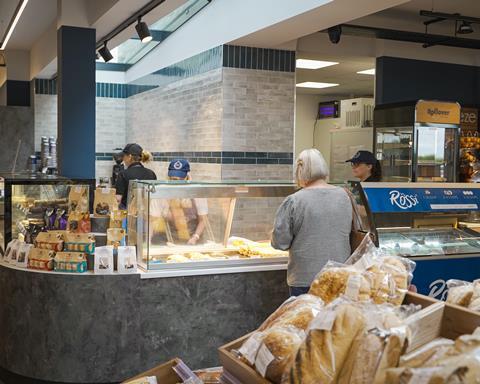
The décor is top end with feature wooden flooring and beautiful flagstones. There are pendant lights to zone the off-licence, and feature lighting near the entrance. Externally, brickwork, using stone from Cambridgeshire, is combined with a large glazed front.
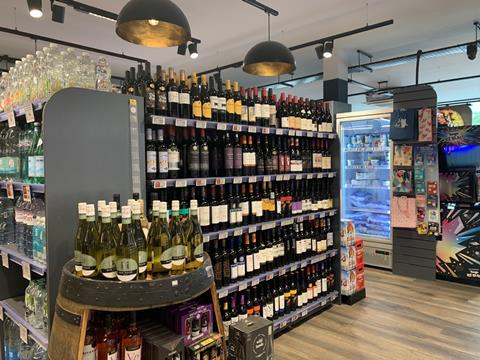
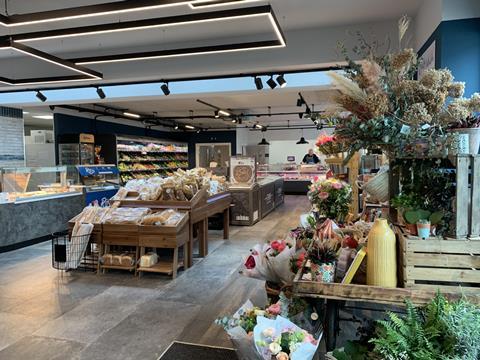
Inside has a farm shop feel, with wooden boxes for local produce, and two wooden surround islands for local bakery and in season local product highlights such as strawberries, asparagus and yellow courgettes. Tom admits that influences include the Westmorland Family’s Tebay Services.
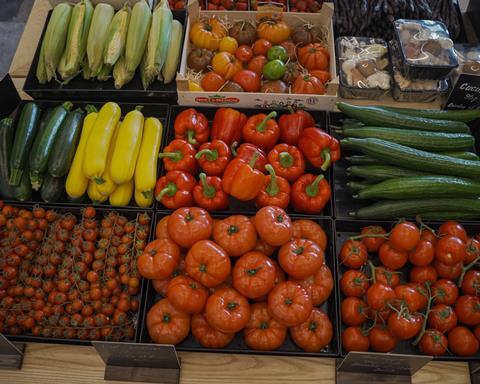
Tom, who has two sisters who do not work at the Highland Group. His father Steve, who has 45 years in forecourt retailing, is still involved, but, aged 67, has taken a back seat.
“When I left school he would not let me join the business. He said that I was at that point no use to him and that I needed to get trained in something,” recalls Tom, who did an apprenticeship in carpentry. “When I did eventually join, he made me start from the bottom on the tills, taking out the rubbish and doing all the jobs that nobody wanted to. He said that was the only way to get respect of staff, and I still like to roll my sleeves up and get stuck in helping the team clean the pumps or sort deliveries.”
Being later given the responsibility of running the fish and chip shop on the Bluntisham Service Station site in Cambridgeshire, which the business has since sold, gave him fundamental training in how to run a business, says Tom.
He says that living local – his house is next to Childerley Gate Service Station – keeps him in touch with the needs of his customers, who he says provide the feedback that allows him to constantly fine-tune the business.
Co-op flowers, which are lower quality than the local florist’s, for example, are being delisted. Also, he is planning on replacing Costa coffee near the entrance, which does not suit the store’s aesthetics, with the Highland Group’s own coffee brand, already sold in the food to go area.
“People are happy to pay more for products in a quality shopping environment,” says Tom. “We sell locally-supplied strawberry punnets for £4, for example, which is more than you could buy non local, but it is all about the experience. I want the Highland Group to be known for quality, but also, of course, fair prices.”
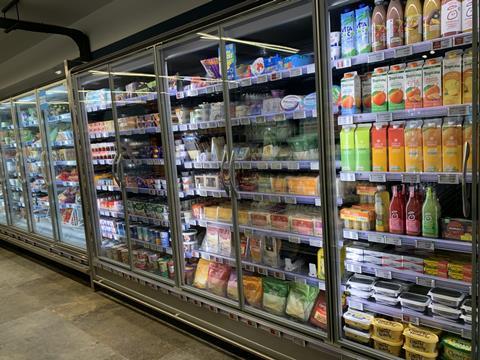
Once the Childerley Gate Services development is complete he is planning on introducing a Highland Group customer loyalty discount card.
For the summer, a Rossi ice cream scoop display has been added. It is in the food to go area, where staff use meat from the in-store butcher’s counter and also make filled baguettes daily.
Childerley Gate is now turning over £85,0000 a week, compared with £7,000 when Highland Group acquired the business. It has also doubled its fuel output to 150,000 to 160,000 litres.























